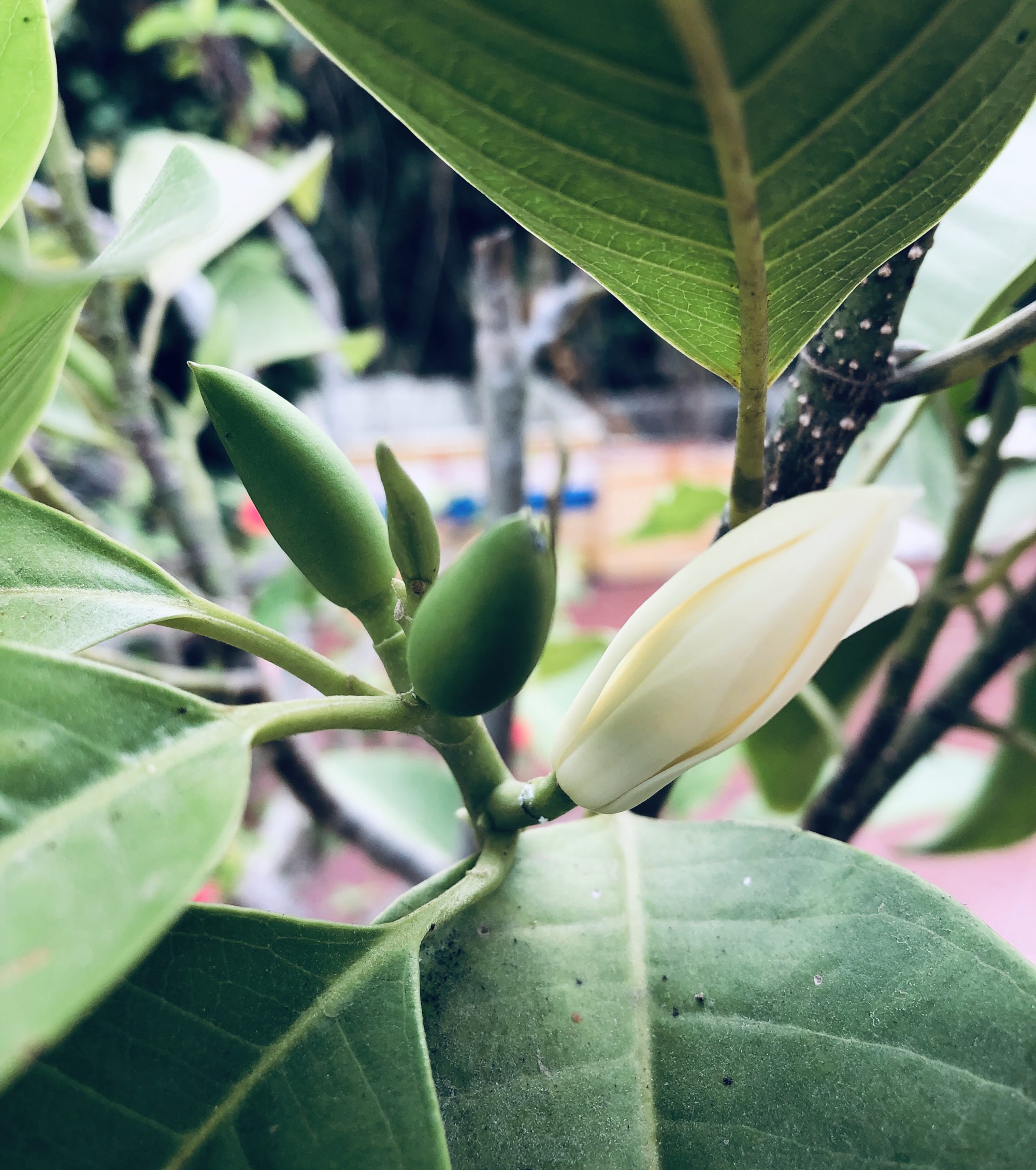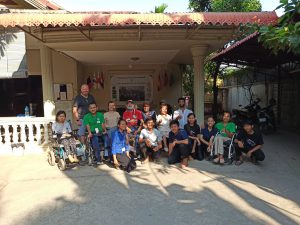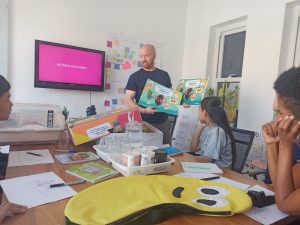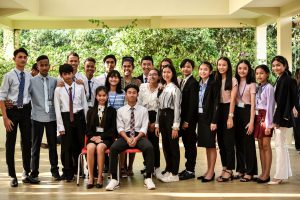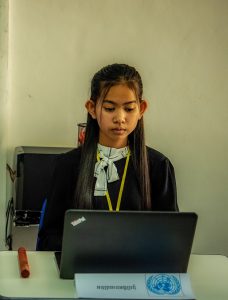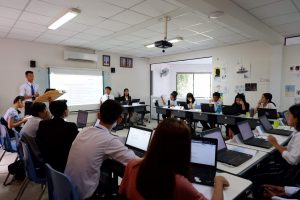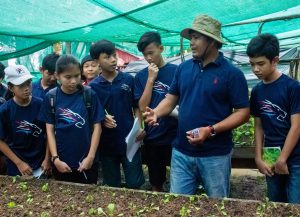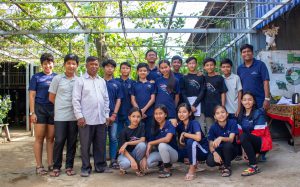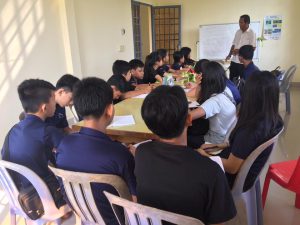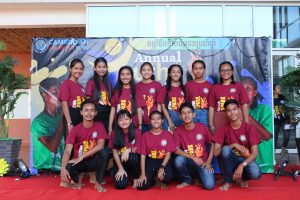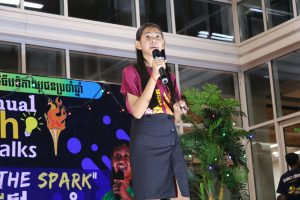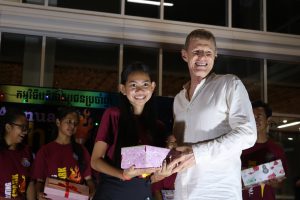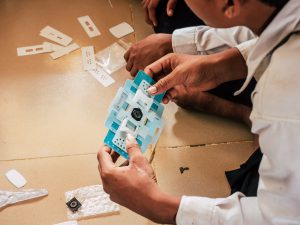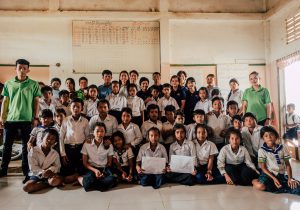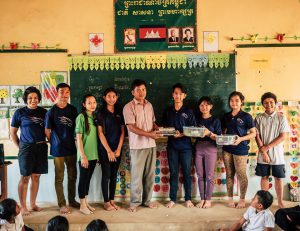Within your daily routine of turning your light at home on/off, or turning the fan on up on your ceiling, you might always think they are simple/easy habits to do. Have you ever thought of how challenging it is for people with disabilities to practice with this simple stuff? The lives of people with disabilities might be harder and/or much different from what you actually have thought of. Within some circumstances, they couldn’t do those things at home at all and all depend on someone to assist. As a young change agent, I really want to be involved in helping for the better and positivity of their lives.
Agile Collaboration was an exploration which I and the other 5 of my friends involved in making for the betterment of people with disability’s lives with the implementation of Smart Home System. With the collaboration with Agile organization, we believe that the Smart Home System could genuinely bring conveniences including time-saving and security purposes to their houses.
To achieve the above mission, our team went to a variety of organizations and companies to meet with experts and audiences to interview and discuss as a step toward making our goals become reality. We went to 17 Triggers in which they are working with design thinking, researching, as well as Human-Centered Design. We’ve explored and learned about a variety of projects that 17 Triggers have done in which it can benefit our team when we implement the system.
Additionally, we took another trip to PPCIL (Phnom Penh Center For Independence Living) to do our first-ever observation and interview people with disabilities. It was an incredibly stupendous experience for our team to communicate with them as well as getting to know the struggles they are facing daily.
During the process of implementation, our team used methods that are called Human-Centered Design. Those methods are an approach to problem-solving, commonly used in management frameworks and design in order to develop solutions by involving the human perspective of the problem-solving process. As a team, we discussed and chose some of the methods to practice in our process. Some of the methods are Analogous Inspiration, Expert Interview, Interview, and Define Your Audience.
Along with the process, our team did a lot of research and found a lot of interesting products that related to turning on/off the light, door lock, gate opening, and more. Meanwhile, our team had also created a mosquito prototype to help lift their mosquito. Finally, we will be implementing all of these products in the houses of people with disabilities.
